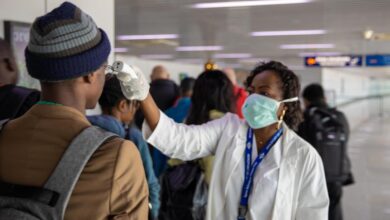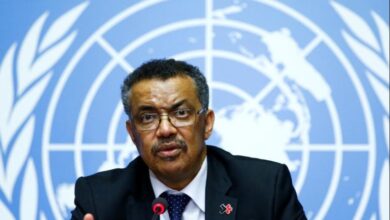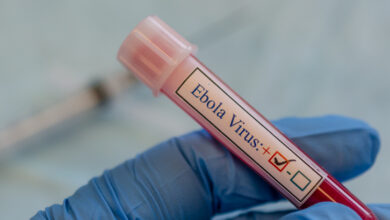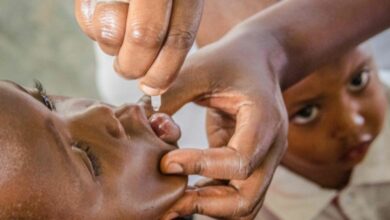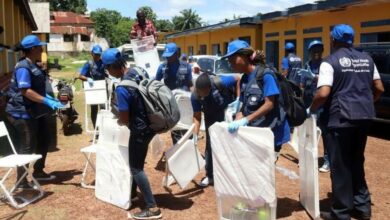Health
WHO Warns Ebola Outbreak Might Spread Beyond DRC
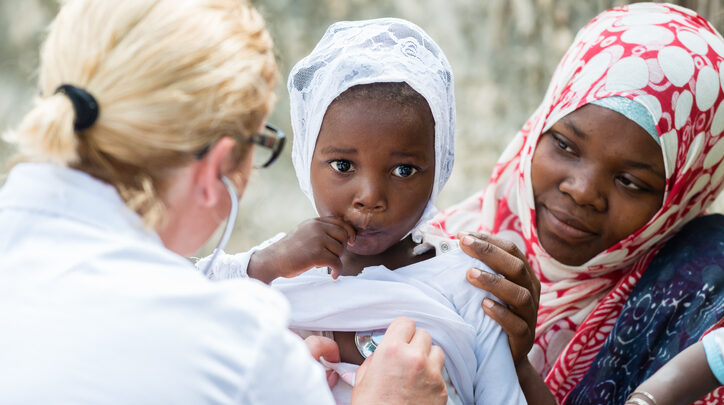
The World Health Organization (WHO) has warned containing the latest Ebola outbreak to two affected provinces in the east Democratic Republic of the Congo would become impossible if violent attacks on health workers and treatment centers continue.
In a statement released on Friday, WHO said it was unlikely the virus would remain contained in North Kivu and Ituri unless the targeting of response activities ended, reported ABC News.
The statement follows a recent attack launched by Mai-Mai militia fighters in the town of Butembo, which is the epicenter of the crisis.
The current Ebola outbreak in DRC is the second-worst in recorded history and has killed 1,105 people so far. The volatile security situation and widespread community distrust in the affected region continue to impede the response to the outbreak, to perform robust surveillance and deliver much-needed treatment and immunizations.
Tedros Adhanom Ghebreyesus, WHO director general, said he was worried by the Ebola outbreak’s recent trends.
“The increased transmission rates raise the risk of Ebola spreading in DRC and to surrounding countries,” Ghebreyesus said in a tweet. “The tragedy is that we have the technical means to stop Ebola, but until all parties halt attacks on the response, it will be very difficult to end this outbreak.”
According to WHO, there is a risk that the disease could spill into other parts of DRC and across the borders of neighboring Uganda, Rwanda, and South Sudan.
David Miliband, president of International Rescue Committee, also met with health workers in the regional capital of Goma last week. He said some fear that it could take another year to get the disease under control.
“There is a real concern to make sure it doesn’t spread to Goma,” he said. “And so this is, I think, a more dangerous situation that is widely recognized outside the country.”


